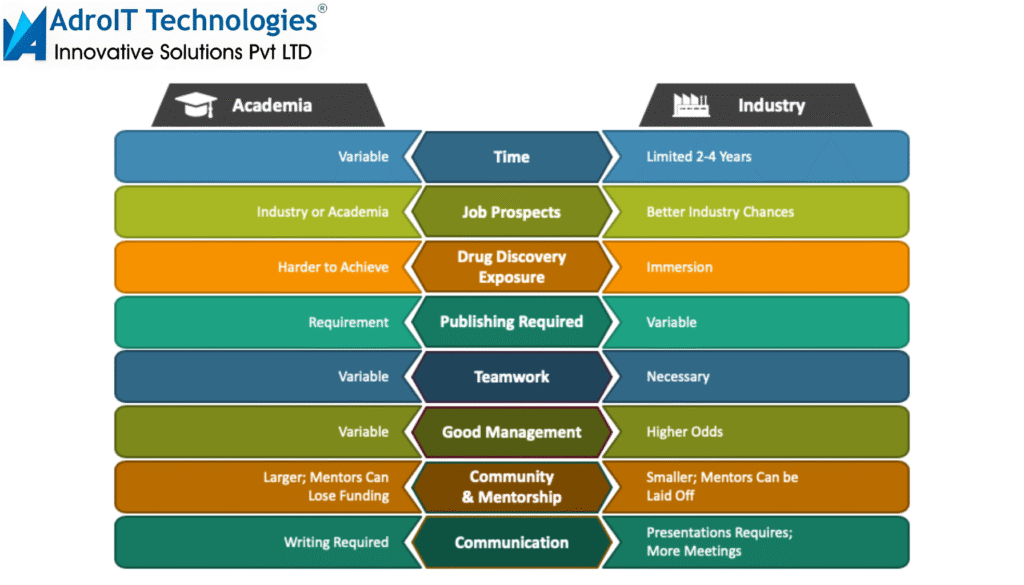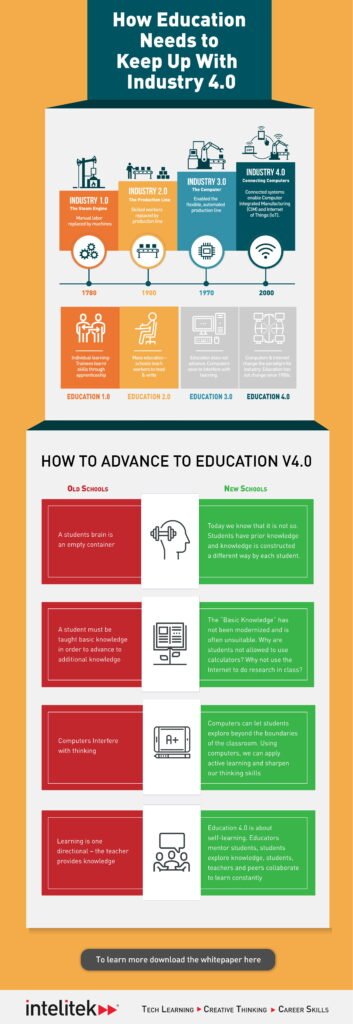Introduction: –
The transition from school to work is getting harder and harder in today’s fast-paced environment. Industries demand practical skills, critical thinking, and flexibility, but traditional education places a strong emphasis on academic knowledge. Graduates frequently struggle to fulfil the demands of the labour market as a result of this gap. The gap between industrial demands and traditional education is examined in this article, along with strategies for strengthening the connection.

Traditional Education: –
Academic training is a methodical and planned approach to education that emphasizes theoretical comprehension, intellectual growth across fields, and broad-based knowledge.
It is typically delivered through formal educational institutions such as schools, colleges, and universities.
The main objective of academic training is to give students the analytical skills, critical thinking talents, and general knowledge that they may use in a variety of subjects and careers.
Industrial Training: –
Industrial training describes educational programs or courses that emphasize the abilities and information needed for particular crafts, jobs, or careers.
It is hands-on, practical, and closely related to the demands of the labour market, in contrast to traditional academic education, which is frequently more theoretical and wider.
Industrial Training VS Traditional Education: –
The goal of traditional educational systems is to teach theoretical ideas and fundamental information. Today’s companies, however, are looking for workers with problem-solving skills, technical expertise, and real-world experience in addition to academic knowledge.
The major key difference between: –
Theoretical vs. Practical Knowledge: While industries want practical experience, traditional education places more emphasis on theoretical understanding.
Curriculum Fixation vs. Changing Industry Trends: Academic curricula often lag behind rapid technological advancements, leading to outdated skills among graduates.
Limited Soft Skills Training: Although communication, teamwork, and adaptability are essential in the business, formal schooling frequently does not lay enough emphasis on these.
Lack of Industry Exposure: It can be challenging for many graduates to make a smooth transition into the workforce because they lack internships, real-world experience, and industry contacts.
Duration: In the industrial training take less amount of time because they only target the particular skills and what industry want. But in the traditional education take long time to cover the theoretical part until degree completion.
Conclusion: –
A well-rounded workforce requires both industry training and academic education. Academic education lays the groundwork for future development and flexibility, while industry training closes the skills gap by offering employers focused, real-world knowledge. When both strategies are used, the workforce becomes more adaptable and employable.

